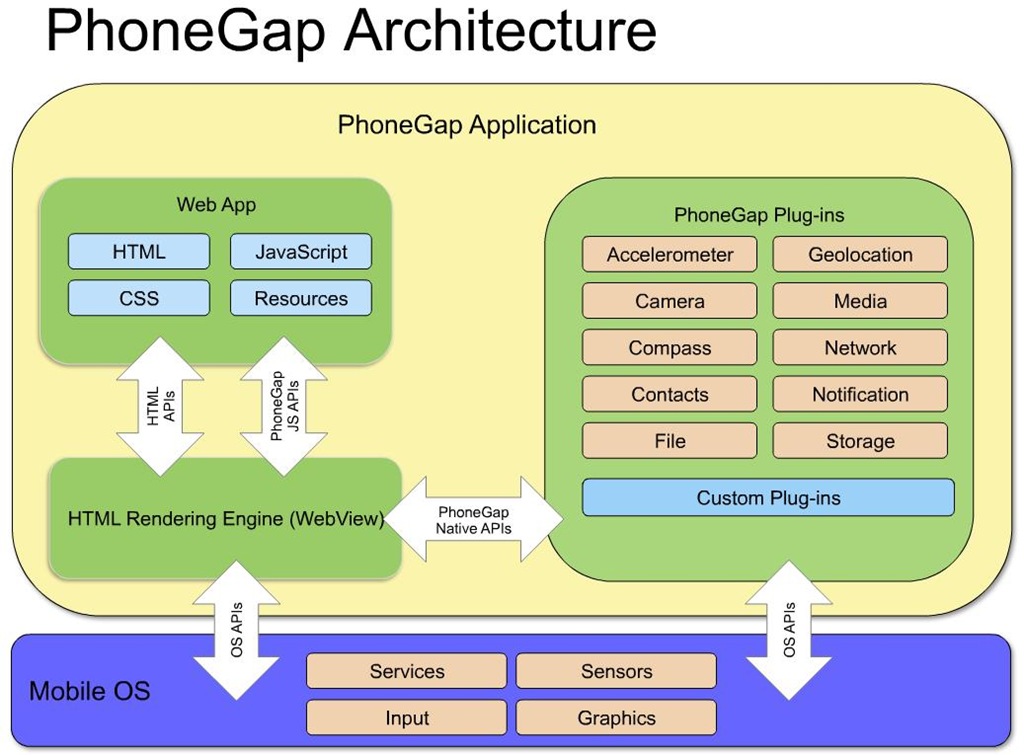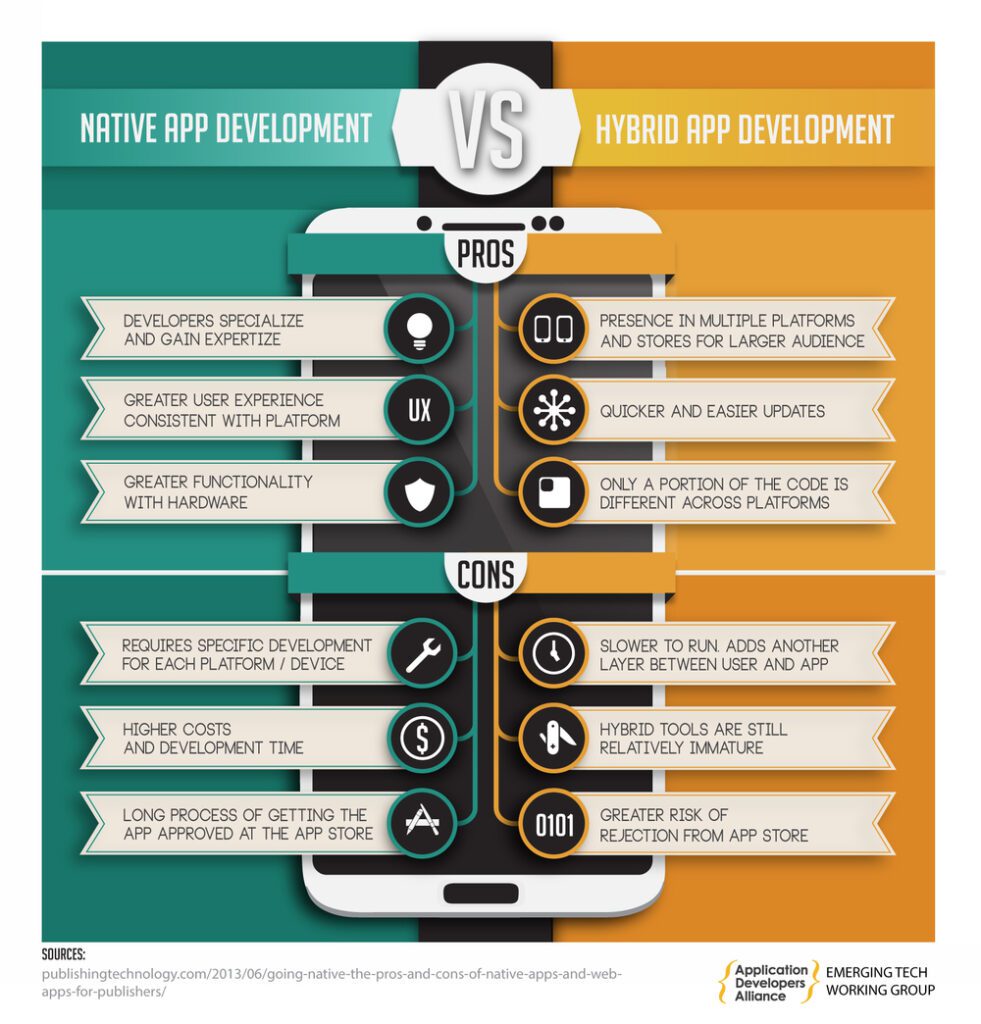Nowadays, mobile applications have become an essential part of our lives as they provide a variety of services at our fingertips. Mobile application developers are constantly trying to improve the user experience by developing more efficient and versatile applications. Two types of mobile applications are Native and Hybrid. Native mobile applications are specific to a single platform, such as iOS or Android. On the other hand, hybrid mobile applications are created to function on various platforms using a common codebase. Here are some advantages of Hybrid mobile applications over Native mobile applications.
Firstly, hybrid applications are cost-effective. Native mobile applications require developers to build separate versions for each platform, which can be expensive. Nevertheless, with hybrid application development, developers can use a single codebase to create applications for many platforms. As a result, developers can create applications that function on various platforms without incurring additional costs.
Secondly, Hybrid mobile applications reduce the development time. Mobile application developers can save time because they don’t need to create a separate version of the application for each platform. This suggests that developers may focus on building their applications faster and distributing them to the market more quickly.
Thirdly, Hybrid mobile applications are easier to maintain. When it comes to maintaining mobile applications, native applications require more time and money because they need to be updated for each platform separately. On the other hand, Hybrid mobile applications don’t require as much maintenance because there is only one codebase for developers to update.
In conclusion, there are several advantages of hybrid mobile applications over native mobile applications. Hybrid applications are cost-effective, decrease development time, and are easier to maintain. It’s vital to keep in mind that each type of mobile application has its benefits and drawbacks. Therefore, mobile application developers must choose the type of application that best suits their needs.
Hybrid Mobile App

- A hybrid app is made in HTML, CSS and JS
- It talks to the OS via Phonegap/Cordova run time
- It sends command to access camera, notifications etc. using phonegap/cordova plugins
- Mostly dependent on availablity of plugins. If there is no plugin available for some task, it cannot be done
- Not as smooth in user experience as a native application as the performance is dependent on OS and plugins
- Write once and run on Android or iOS easily
- No need to develop separately for each platform
Native Mobile App
- No restriction on what can be done. Only limit is the OS
- A Native Application is an app using the recommended core technologies of a system mostly concerning presentation and user interface
- Takes longer to develop as 2 developers are needed
- Android coding is done in Java and iOS is in Swift/Objective C
- Expensive in maintaining and developing
- A smooth user experience as the code is compiled

